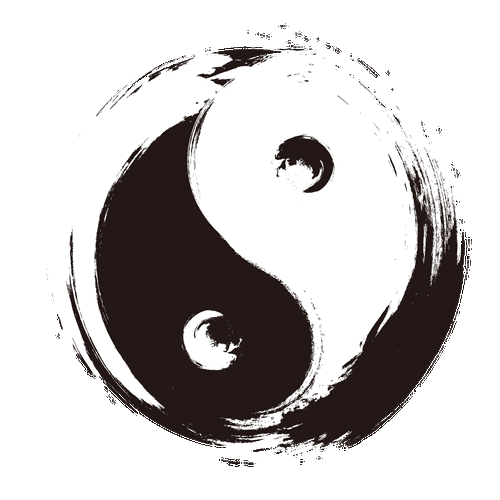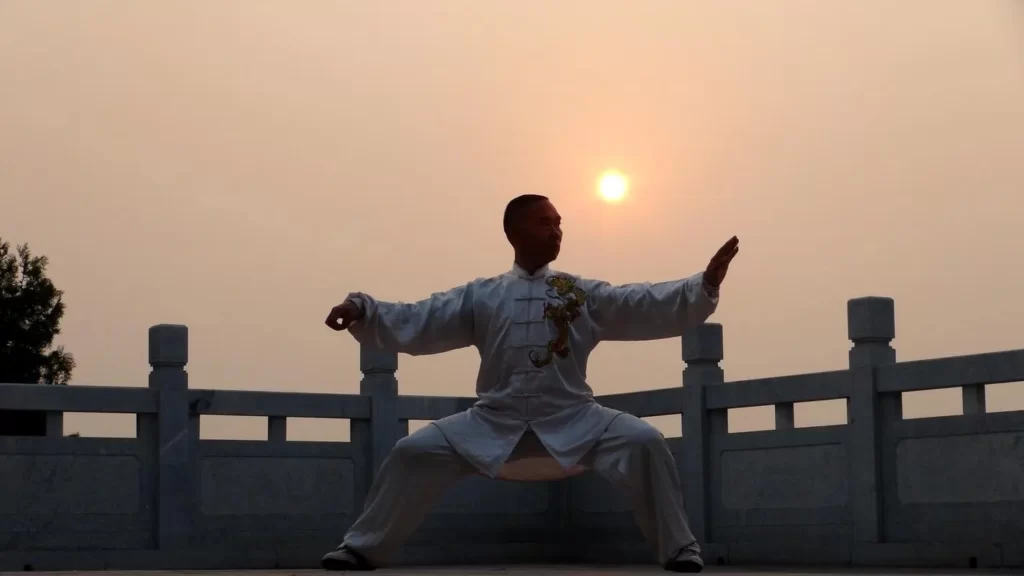Discovering Tai Chi
The Art of Balance, Muscle Strengthening, Improving Immunity System
Tai Chi, an ancient Chinese martial art, is more than just a self-defense technique. Rooted in the philosophy of Taoism, it embodies the principles of balance, muscle strengthening, soft material art, slow movements, concentration, and controlled breathing. Let’s explore the profound benefits and essence of Tai Chi.
Balance
At the core of Tai Chi lies the cultivation of balance.
Its slow, deliberate movements challenge practitioners to maintain equilibrium, physically and mentally. Through repeated practice, individuals develop better proprioception and stability, which can lead to improved posture, coordination, and reduced risk of falls.
IMPROVING IMMUNITY:
Latest evidence suggests that both Tai Chi have a positive impact on immune system functioning and inflammatory responses. People to practice Tai Chi or Qigong at least twice per week and for at least several weeks. The positive effect on your health and wellbeing from
tai chi can’t happen if you only try it for one or two times and then stop. You need to practice regularly. There are very few things in this world that only work in one go.
MUSCLE STRENGTHENING
Despite its gentle appearance, Tai Chi engages multiple muscle groups simultaneously. The slow, controlled movements require practitioners to activate and sustain muscle tension throughout the body, resulting in enhanced muscular strength and endurance.
Soft Material Art
Often referred to as a “soft” or “internal” martial art, Tai Chi emphasizes suppleness, fluidity, and sensitivity to the opponent’s energy. Instead of relying on brute force, to utilise relaxed and circular movements to redirect and neutralise incoming attacks. This concept extends beyond self-defence, teaching people to respond to life’s challenges with flexibility and adaptability.
Slow Movements
Unlike fast-paced martial arts, Tai Chi is characterised by its unhurried and graceful movements. The deliberate pace encourages mindfulness, enabling people to connect deeply with their bodies and emotions. This deliberate slowness also reduces the risk of injury, making Tai Chi accessible to people of all ages and fitness levels.

Concentration
Tai Chi is a moving meditation, requiring
focused attention on each movement and transition. This concentration fosters mental clarity and awareness, promoting a state of mindfulness that can have a calming effect on the mind and reduce stress.

BREATHING
Breathing is an integral component of Tai Chi practice. The slow, rhythmic movements synchronise with controlled breathing, enhancing controlled movements require practitioners to activate and sustain muscle tension throughout the body, resulting in enhanced muscular strength and endurance.
